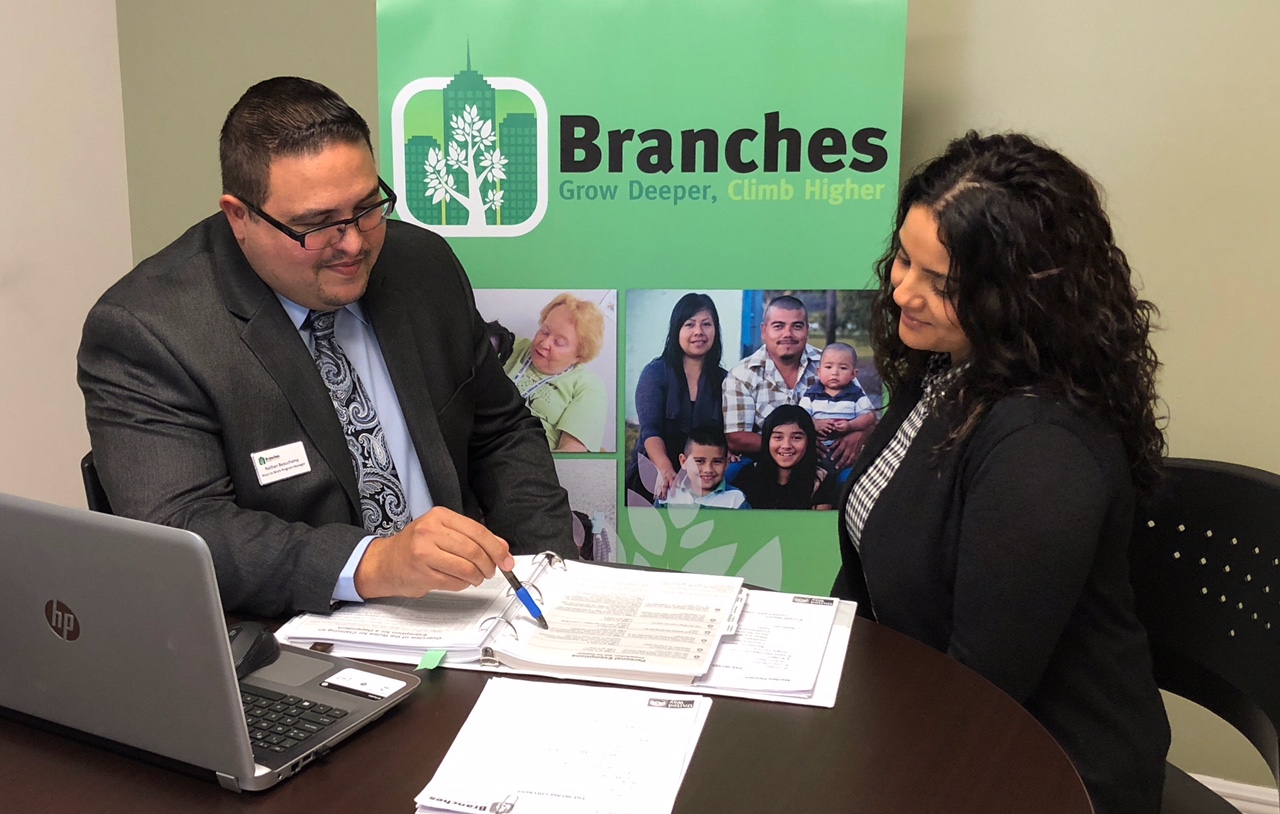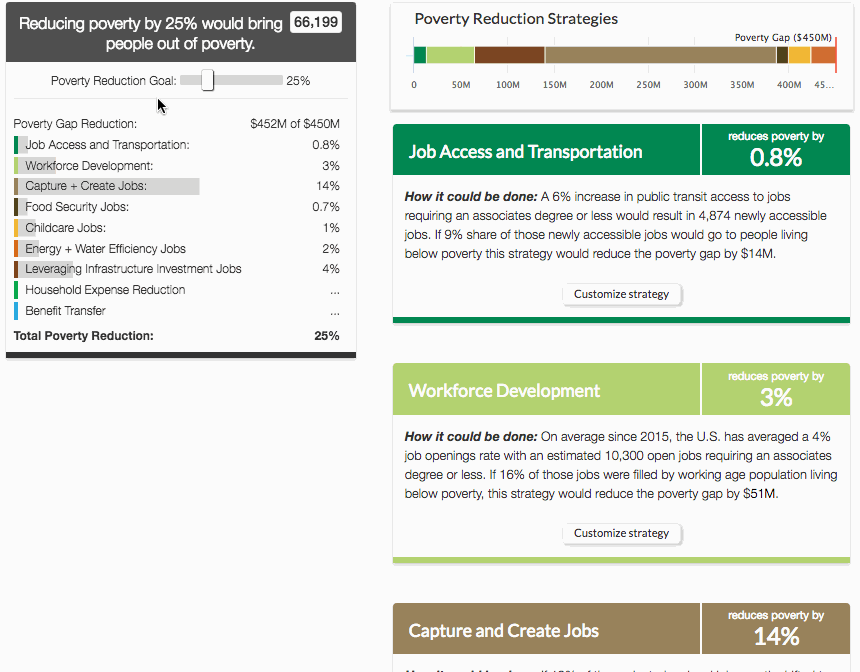

- Home
-
Strategy Calculator
Explore poverty indicators across 100+ cities in the United States and customize sustainability strategies to reduce poverty. Choose a City »
-
Strategies
- Job Access + Transportation
- Attract + Create Jobs
- Energy + Water Efficiency Jobs
- Household Expense Reduction
- Leveraging Infrastructure Investment Jobs
- Childcare Entrepreneurship Jobs
- Food Securities Jobs
- Workforce Development with Employer Engagement
- Mining the Waste Stream
- Affordable Infill Rental Housing
- Resources
- About
-
developed by



